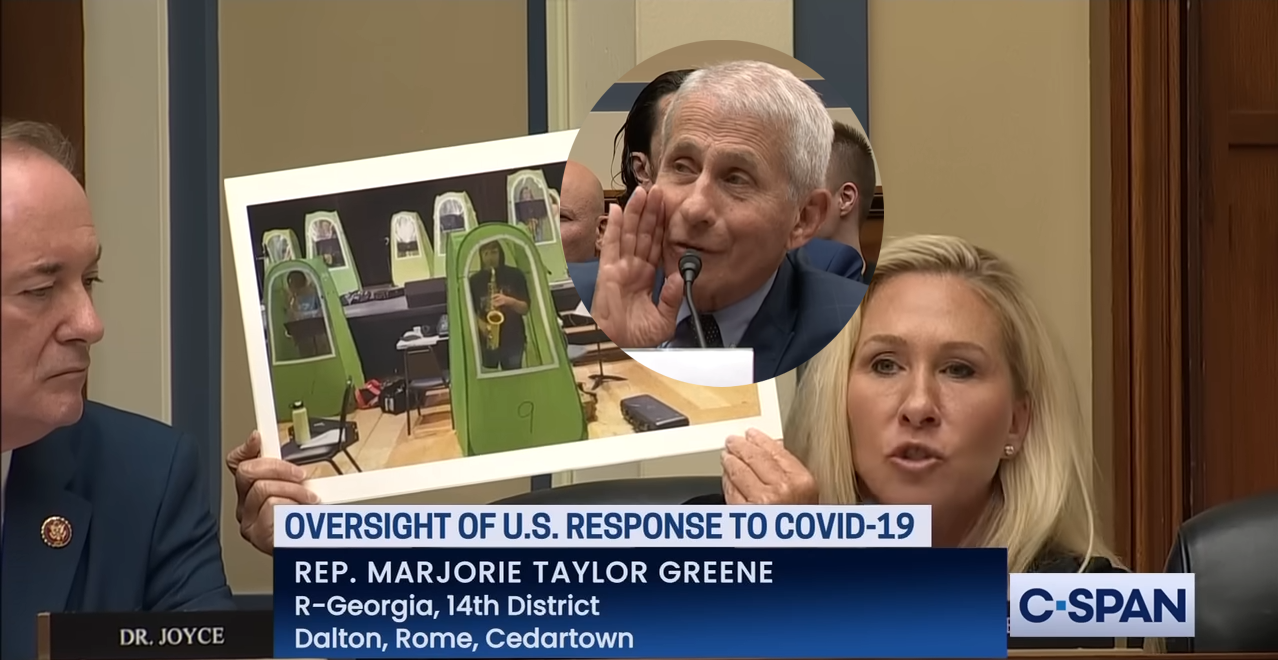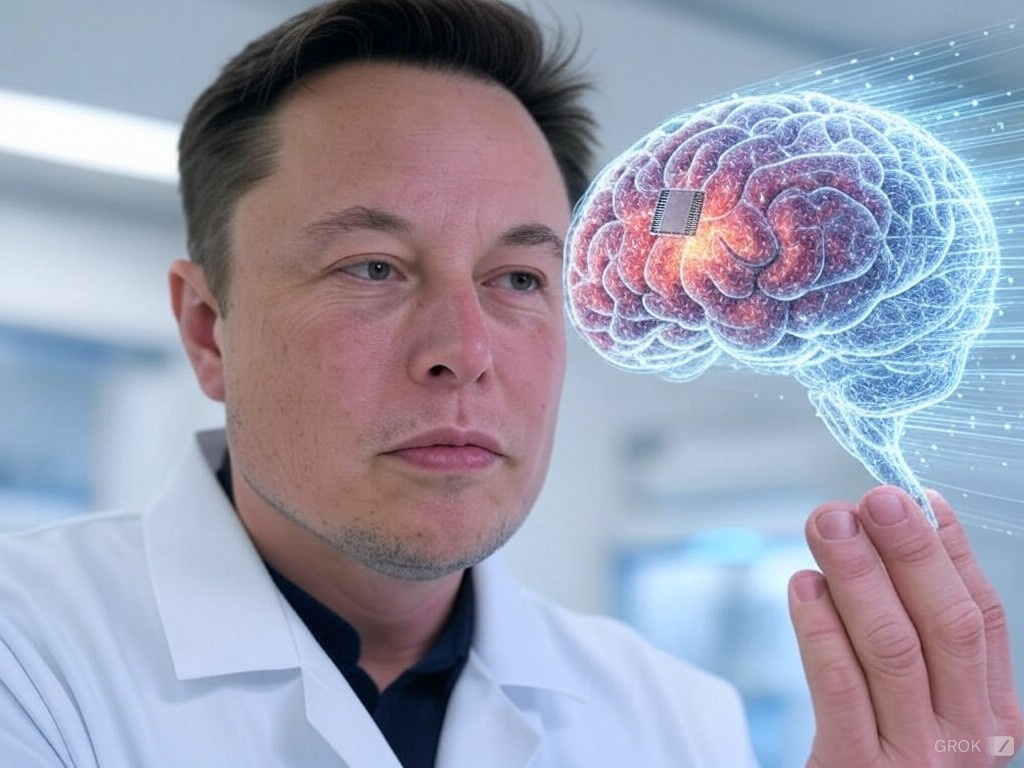In a heated session on Capitol Hill, Dr. Anthony Fauci defended his handling of the COVID-19 pandemic, testifying before Congress about his work as the director of the National Institute of Allergy and Infectious Diseases. The hearing, convened by House Republicans, focused on the origins of the virus and Fauci’s role in the federal response. This marked Fauci’s first appearance before Congress since retiring from government service in 2022.
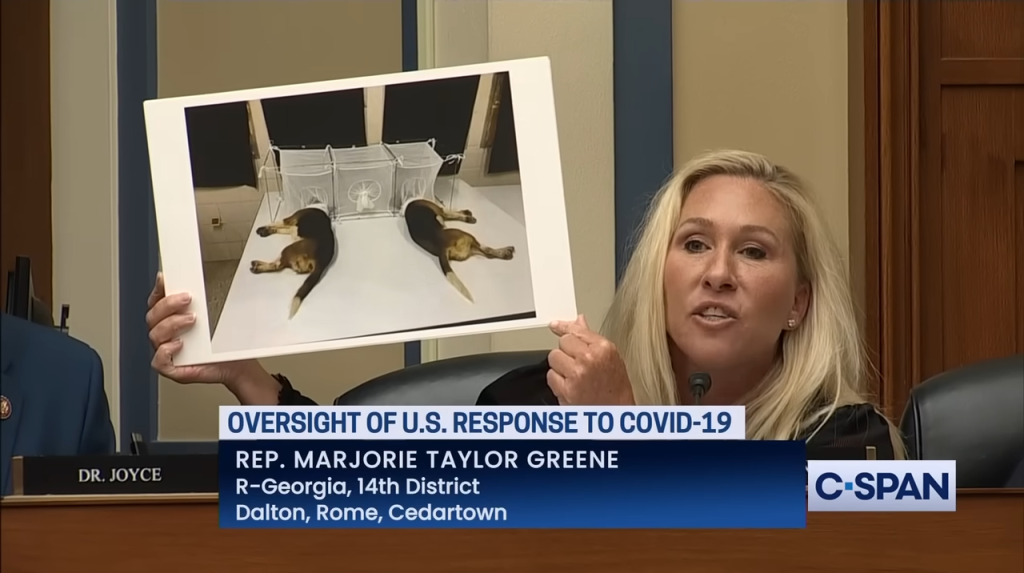
The three-hour hearing saw Fauci face intense questioning from Republicans, who probed him about the origins of COVID-19, which claimed over a million American lives. Fauci, who also served as chief medical adviser to President Joe Biden, was repeatedly asked about his use of personal email for official business, allegations he vehemently denied. He maintained that he kept an open mind about the virus’s origins and explained the evolving nature of public health guidance during the early stages of the pandemic.
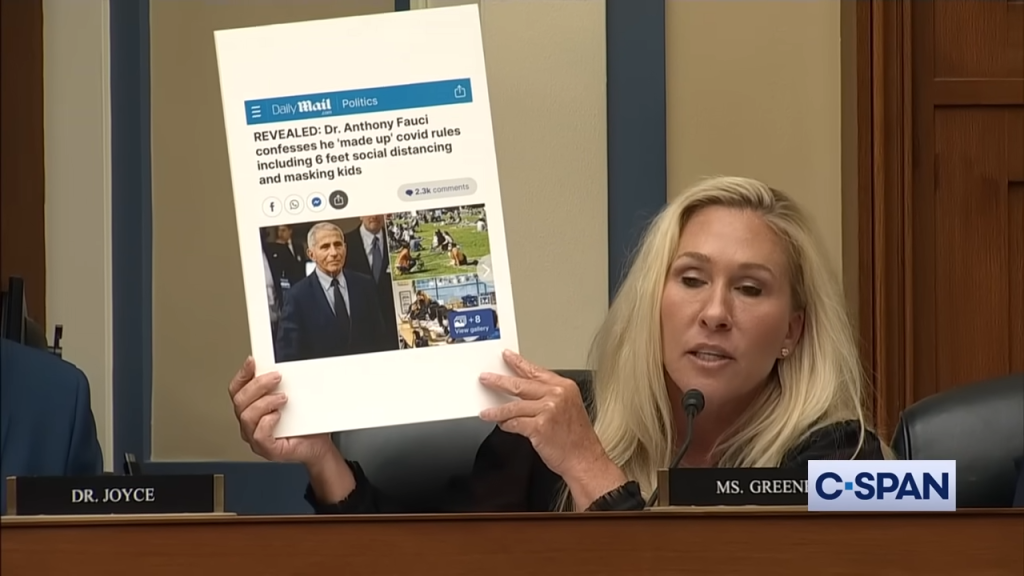
“When you’re dealing with a new outbreak, things change,” Fauci stated, emphasizing the importance of the scientific process in updating guidelines based on new information. He underscored that initial recommendations were made with the best available data at the time, and adjustments were necessary as more was learned about the virus.
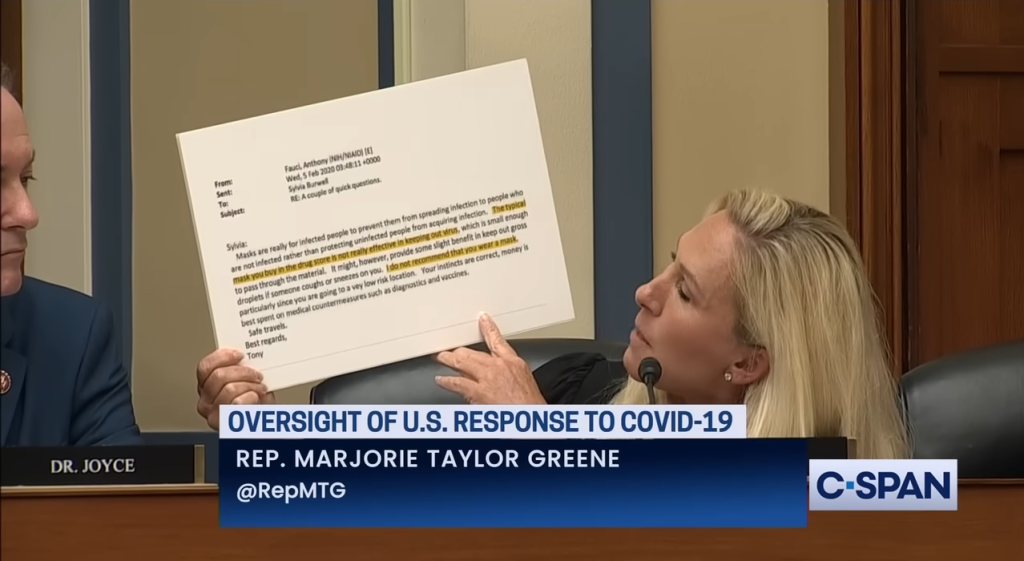
A significant portion of the hearing focused on the controversial theory that COVID-19 originated from a lab in Wuhan, China, which had received U.S. government grant funding. Fauci reiterated that the viruses studied at the Wuhan Institute of Virology under an NIH sub-grant could not have led to COVID-19. However, he did not dismiss the possibility of other unknown factors in China contributing to the outbreak.
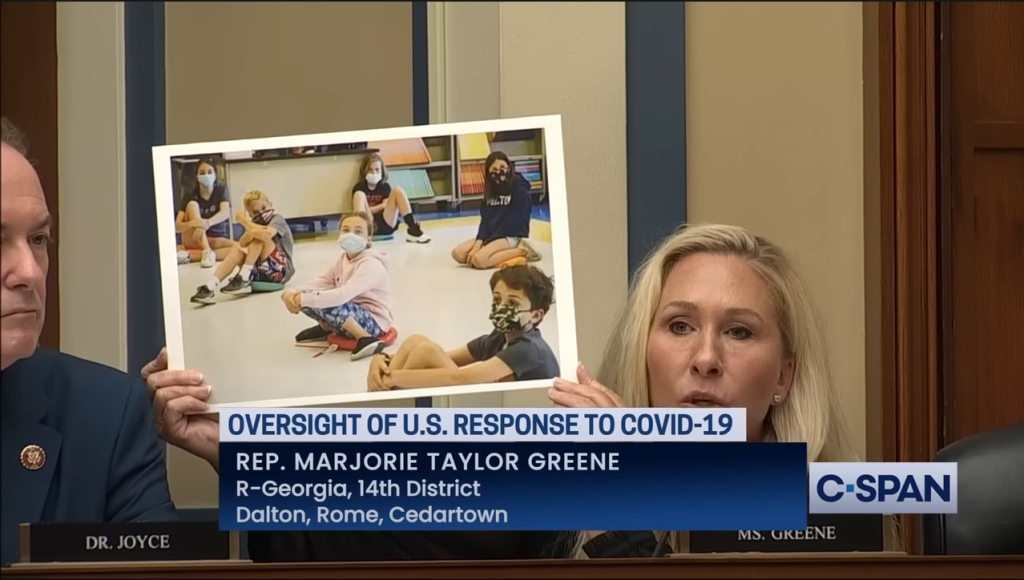
Fauci clarified that the $120,000 NIH grant was a minor part of the overall budget and unlikely to fund any covert research. He stressed that the grant supported research on emerging infections and did not constitute dangerous gain-of-function research, a term subject to various interpretations over the years.
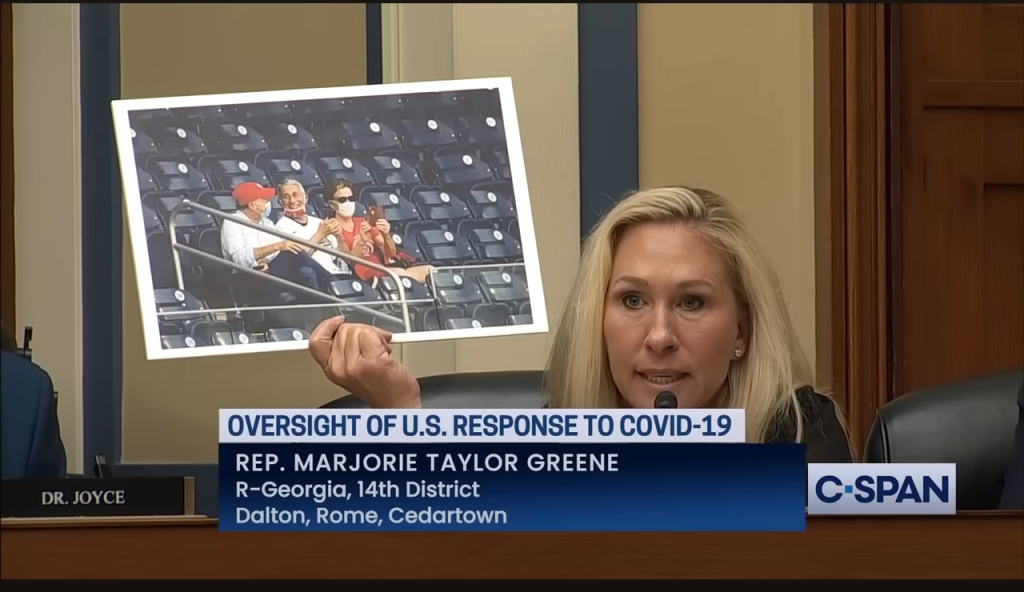
In defending the public health measures taken during the pandemic’s early months, Fauci argued that actions like social distancing, mask-wearing, and vaccination were crucial in saving lives. He contended that without these interventions, the death toll could have been significantly higher. He also highlighted the evolving understanding of the COVID-19 vaccine’s efficacy, noting that while initial data suggested it could prevent transmission, later findings showed its primary benefit was in reducing severe illness and hospitalization.
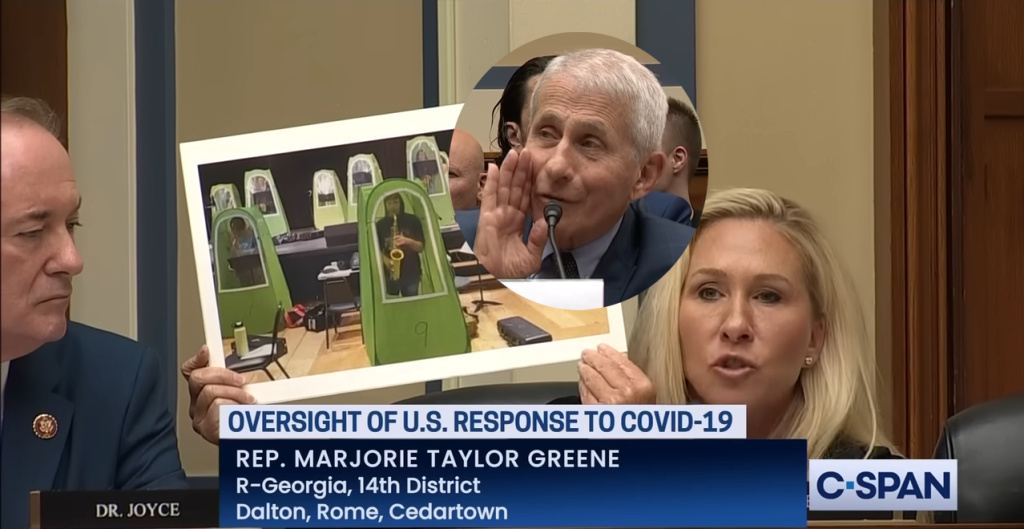
Fauci faced persistent allegations from Republicans about using his personal email to evade Freedom of Information Act (FOIA) requests, which he firmly denied. He stated unequivocally that he never conducted official business via personal email to circumvent oversight.
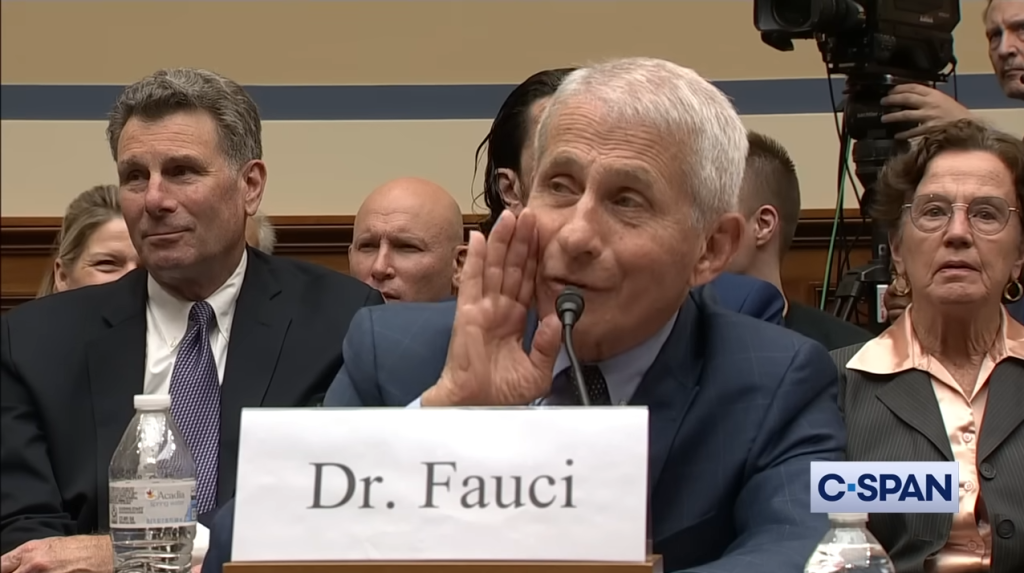
The hearing also addressed the personal toll on Fauci and his family due to threats and harassment stemming from his public health work. Michigan Democrat Rep. Debbie Dingell inquired about these threats, to which Fauci responded that there had been credible death threats, leading to the arrest of two individuals. He described the constant need for protective services as deeply troubling and distressing for his family.
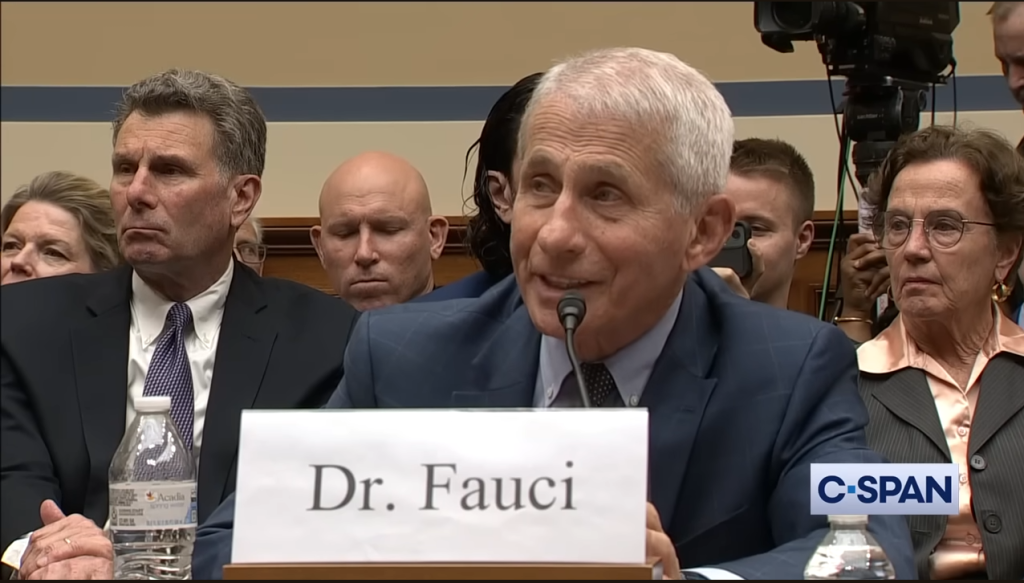
The session’s intensity peaked during questioning by Georgia Rep. Marjorie Taylor Greene, who refused to address Fauci by his medical title and suggested he should be jailed, despite lacking any evidence of criminal conduct. Maryland Democrat Rep. Jamie Raskin defended Fauci, commending his dedication to public health and criticizing the repeated investigations into his conduct as unfounded.
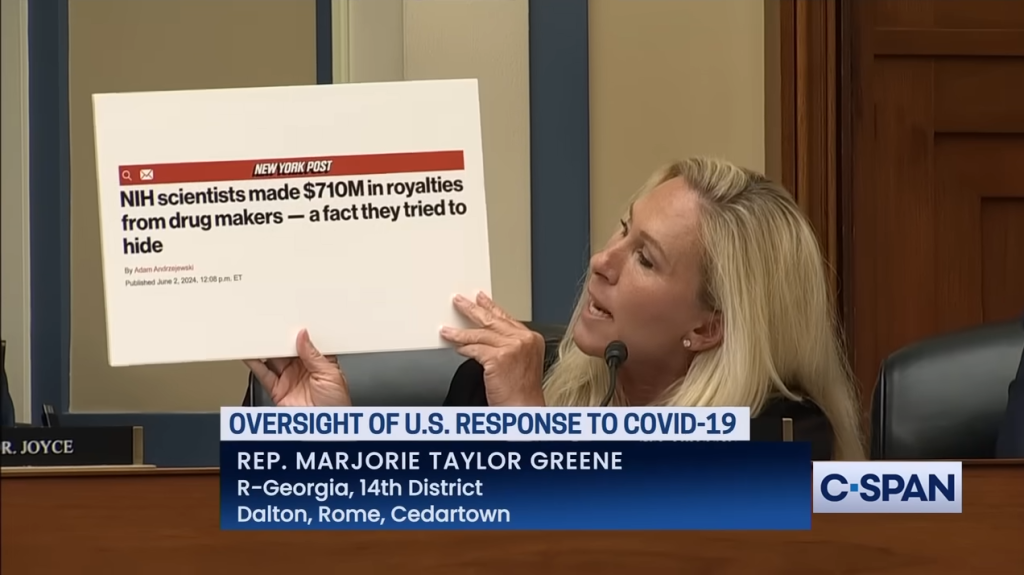
Raskin later apologized to Fauci for the treatment he received from some GOP lawmakers, likening it to the harsh scrutiny of a convicted felon, and indirectly referencing former President Donald Trump. Raskin remarked that convicted felons sometimes receive more favorable treatment, pointing out the contrasting receptions between Fauci and Trump.
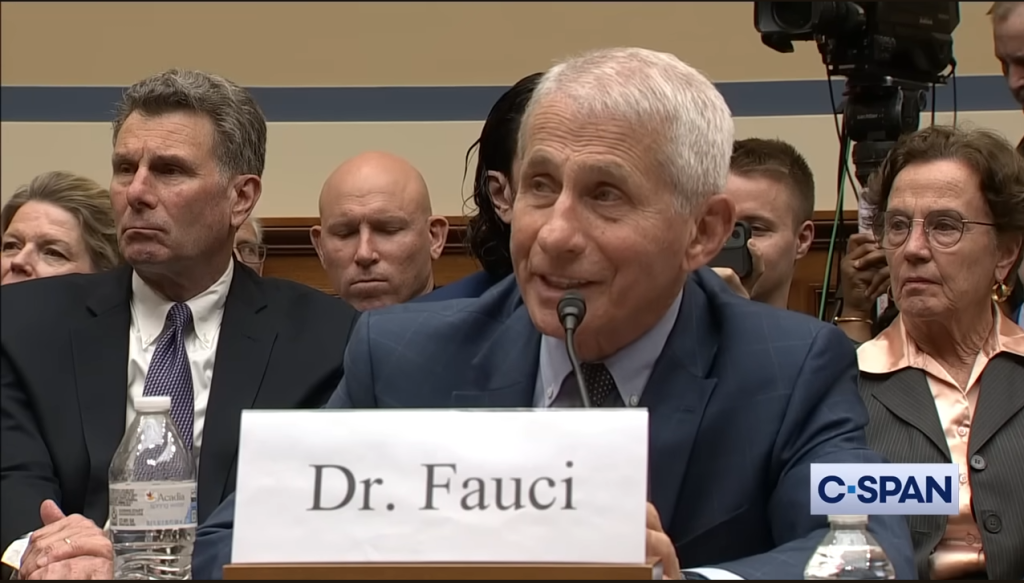
Throughout the hearing, Fauci remained steadfast, defending his actions and decisions as driven by science and public health interests. He highlighted the challenges of navigating an unprecedented global health crisis and emphasized the need for continued vigilance and adaptability in response to emerging threats.

